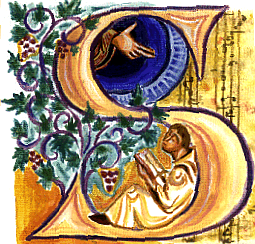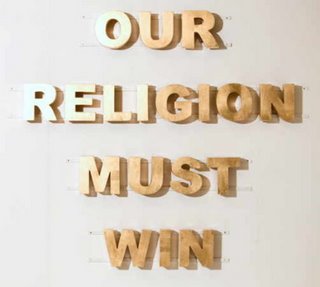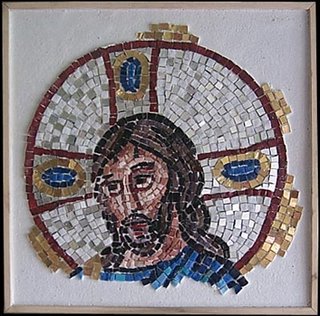 I am presenting a lecture later today on the approach to spiritual direction of the Spanish Reformers of the 15th century: John of the Cross and Teresa of Avila. John of the Cross remains an important guide in the quest for authentic Christian formation and thus leadership.
I am presenting a lecture later today on the approach to spiritual direction of the Spanish Reformers of the 15th century: John of the Cross and Teresa of Avila. John of the Cross remains an important guide in the quest for authentic Christian formation and thus leadership.John's image of the "dark night of the soul" as a necessary step in our formation and journey towards God stands unmatched. He says it best in his famous poem:
One dark night, fired with love's urgent longings
ah, the sheer grace!
I went out unseen, my house being now all stilled.
In darkness, and secure, by the secret ladder, disguised
In darkness, and secure, by the secret ladder, disguised
ah, the sheer grace!
in darkness and concealment, my house being now all stilled.
On that glad night, in secret, for no one saw me,
On that glad night, in secret, for no one saw me,
Nor did I look at anything, with no other light or guide than the one that burned in my heart
This guided me more surely than the light of noon
This guided me more surely than the light of noon
To where He was awaiting me
Him I knew so well
there in a place where no one appeared
O guiding night!
O guiding night!
O night more lovely than the dawn!
O night that has united the Lover with his beloved,
transforming the beloved in her Lover.
Upon my flowering breast, which I kept wholly for Him alone,
Upon my flowering breast, which I kept wholly for Him alone,
There He lay sleeping, and I caressing Him there in a breeze from the fanning cedars.
When the breeze blew from the turret, as I parted His hair,
It wounded my neck with its gentle hand, suspending all my senses.
I abandoned and forgot myself,
laying my face on my Beloved.
All things ceased; I went out from myself, leaving my cares forgotten among the lilies.




